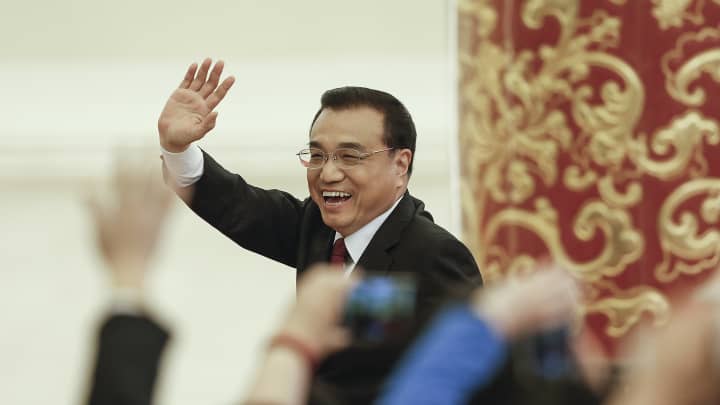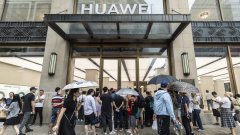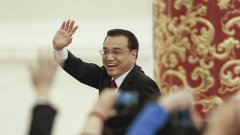
China's former premier Li Keqiang died just past midnight after suffering a heart attack while in Shanghai, Chinese state broadcaster Friday. He was 68.
Li ended two terms as premier in March.
People commenting on Chinese social media expressed their shock and condolences at the news.
Li was generally considered relatively economic-reform minded and had close ties with former president Hu Jintao. That sometimes put Li at odds with Hu's successor, Chinese President Xi Jinping.
As Li ended his run as premier, Xi stayed on for an as president and installed , former Shanghai party secretary, as the new premier this year.
The premier is also the head of China's top executive body, the State Council. In recent years, Xi has worked to consolidate his power and increase the role of the ruling Chinese Communist Party in the government.
In 2020, Li Keqiang famously told reporters that more than 600 million people in China still had a — which he pointed out was not enough to rent a room in a medium-sized Chinese city.
Li also inspired the unofficial " ," which uses electricity consumption, rail cargo and bank lending as a proxy on the economy. The accuracy of China's official economic figures is widely doubted.
While premier, Li pushed for promoting trade cooperation between China and other countries, as well as removing restrictions on the flow of people and goods within China. He also advocated for "mass entrepreneurship and innovation."
In 2015, Li delivered a government work report that launched the strategy — an effort to build up domestic tech prowess that drew widespread attention from the U.S. and Europe.
Li was born in Anhui province in July 1955. He studied law and subsequently economics at China's prestigious Peking University, ultimately receiving a Doctor of Economics, according to .
His early government positions included governor of Henan province and party leadership roles in Liaoning province, said.
Li became a member of the highest circle of power, the Chinese Communist Party Central Committee Politburo Standing Committee, in 2007, according to . Li was vice premier from 2008 to 2013.
Correction: This story has been updated to reflect that Li Keqiang served two terms as premier of China.



